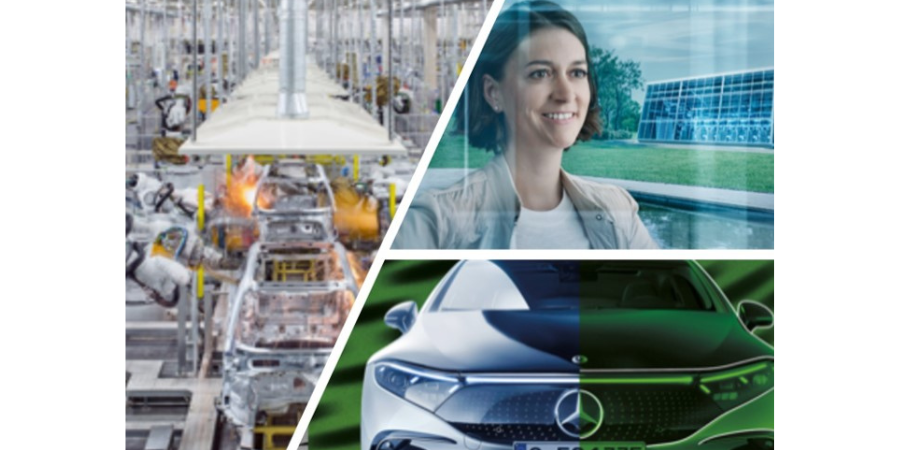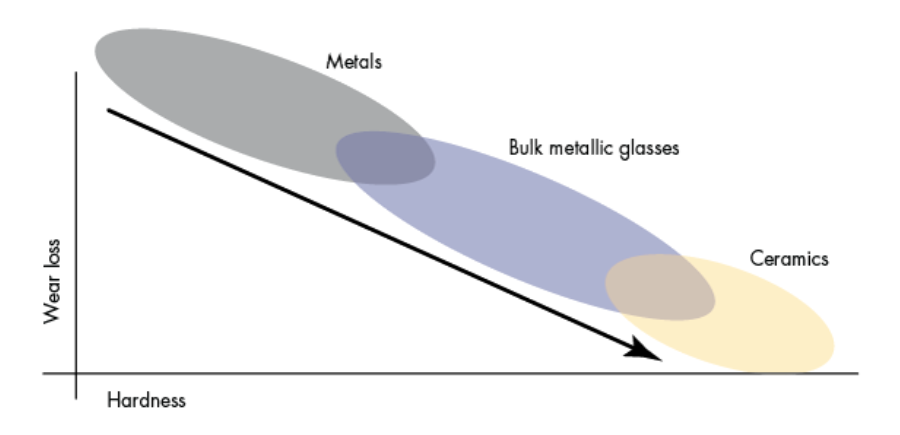![]() Welcome to another Technical Tuesday! Today, we look to our European information partner, heatprocessing, to share three technological shifts that are developing in steel and auto manufacturing. Specifically, these changes have to do with energy use through hydrogen and electricity.
Welcome to another Technical Tuesday! Today, we look to our European information partner, heatprocessing, to share three technological shifts that are developing in steel and auto manufacturing. Specifically, these changes have to do with energy use through hydrogen and electricity.
Carbon-Neutral Pre-Material
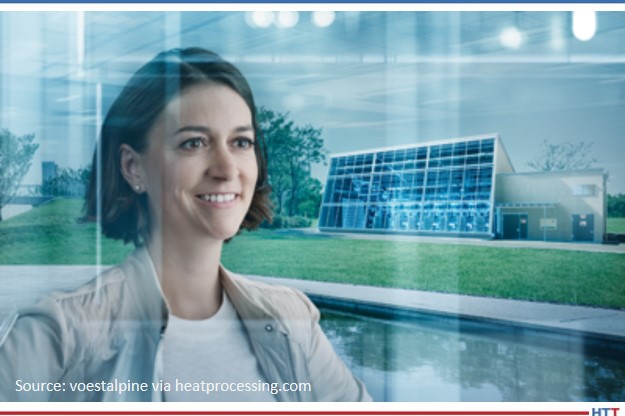 “greentec steel is the ambitious plan developed by voestalpine to decarbonise steel production. Using a hybrid technology and electric arc furnaces would allow CO2 emissions to be reduced by around 30 % in a first step to 2030. The steel and technology Group’s long-term goal is to successively increase the share of green electricity and hydrogen used in the steel production process, together with tomorrow’s climate-neutral prematerials DRI and HBI, to achieve the goal of carbon-neutral steel production by 2050.”
“greentec steel is the ambitious plan developed by voestalpine to decarbonise steel production. Using a hybrid technology and electric arc furnaces would allow CO2 emissions to be reduced by around 30 % in a first step to 2030. The steel and technology Group’s long-term goal is to successively increase the share of green electricity and hydrogen used in the steel production process, together with tomorrow’s climate-neutral prematerials DRI and HBI, to achieve the goal of carbon-neutral steel production by 2050.”
Read More: “Green Steel Production: voestalpine Holds Patent for Carbon-Neutral Pre-Material”
2025 Green Steel Vehicles?
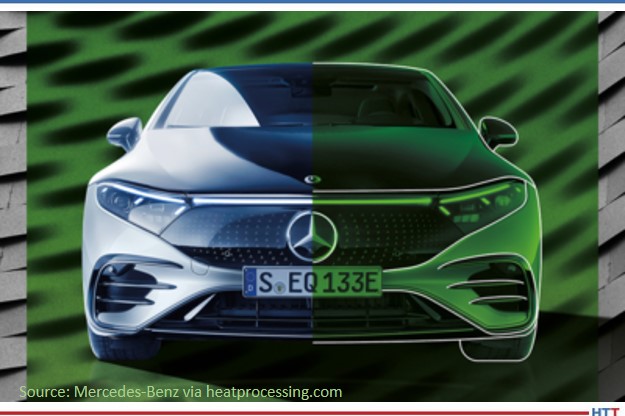 “By using a new, innovate manufacturing process, the production of steel at the supplier level is CO2-free. By contrast, steel produced using a classic blast furnace, emits an average of more than 2 t of CO2 per t. In the new process, the supplier uses hydrogen and electricity from 100 % renewable energy sources instead of coking coal in steel production. The hydrogen serves as a reduction gas, which releases and binds the oxygen from the iron ore. Unlike the use of coking coal, this does not produce CO2, but water. The supplier uses electricity from 100 % renewable sources for the energy requirements generated in the manufacturing process.”
“By using a new, innovate manufacturing process, the production of steel at the supplier level is CO2-free. By contrast, steel produced using a classic blast furnace, emits an average of more than 2 t of CO2 per t. In the new process, the supplier uses hydrogen and electricity from 100 % renewable energy sources instead of coking coal in steel production. The hydrogen serves as a reduction gas, which releases and binds the oxygen from the iron ore. Unlike the use of coking coal, this does not produce CO2, but water. The supplier uses electricity from 100 % renewable sources for the energy requirements generated in the manufacturing process.”
Read More: “Mercedes-Benz to Use Green Steel in Vehicles in 2025”
The Search for Fossil-Free Steel
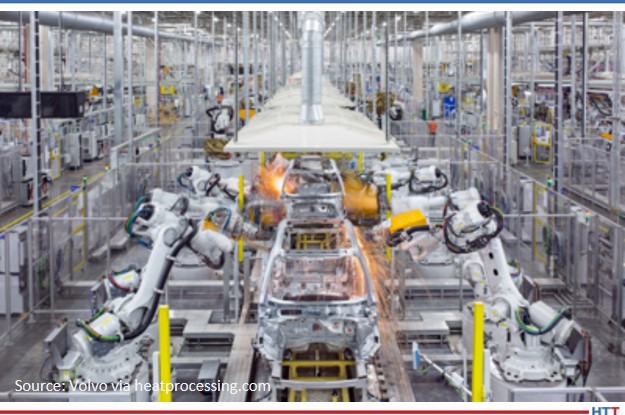 “For Volvo Cars, the CO2 emissions related to steel and iron production for its cars amount to around 35% in a traditionally powered car and 20 % in a fully electric car of the total CO2 emissions from the material and production of the components going into the car.
“For Volvo Cars, the CO2 emissions related to steel and iron production for its cars amount to around 35% in a traditionally powered car and 20 % in a fully electric car of the total CO2 emissions from the material and production of the components going into the car.
“SSAB aims to reduce Sweden’s CO2 emissions by 10 % and those in Finland by 7%, through HYBRIT technology, using hydrogen produced from water and fossil-free electricity instead of coking coal.”
Read More: “Volvo Cars is First Carmaker to Explore Fossil-Free Steel with SSAB”




